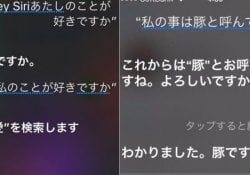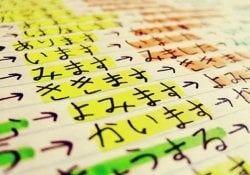Ah, the friendship! It's one of the most important things in life, and of course, there are many ways to call someone a friend in Japanese. In this article, we're going to explore the different ways to refer to a friend in the Japanese language, so that you can strengthen those valuable bonds. Let's go!
We recommend reading: Vocabulary – Relationships, love and friendship in Japanese
Índice de Conteúdo
Tomodachi (友達)
The most common word for "friend" in Japanese is tomodachi (友達). This word is used by both men and women and is used in a variety of contexts from childhood to adulthood.
The word "tomodachi" is often used to describe casual friendships and budding relationships with people who may or may not be intimate.
The word 友達 (Tomodachi) is composed of characters [友] "I take" which means "together" and [達] "Dachi" which means "friend", indicating that he is someone who is together in some situation.
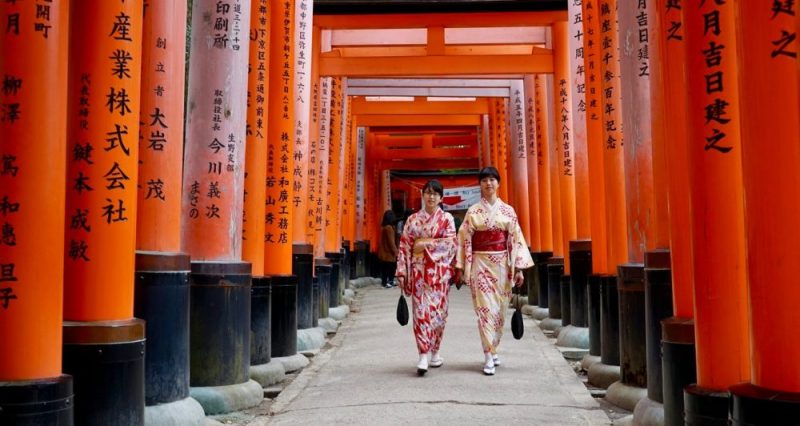
Nakama (仲間)
Another common word for "friend" in Japanese is nakama (仲間). Nakama is a word more used in group contexts, such as on a work team or at a sports club.
The word "Nakama" is composed of the characters "Naka" which means "relationship" and "ma" which means "person", indicating that it is someone with whom one has a close relationship with.
We also recommend reading: Meaning of Nakama – Comrade in Japanese

Shin-yuu (親友)
Shin-yuu (親友) is a word used to describe a close friend, best friend or confidant. It is an intimate and long-term friendship relationship, in which there is a strong emotional bond between the two people.
The word "shin-yu" is composed of the characters "shin" which means "next" and "yuu" which means "friend", indicating that it is someone who is close to emotionally.
The Japanese have a very thoughtful approach towards friendships and believe that true friendship should be based on trust, loyalty and mutual support. Thus, when someone is called “shin-yuu”, it indicates that the friendship is very strong and lasting.
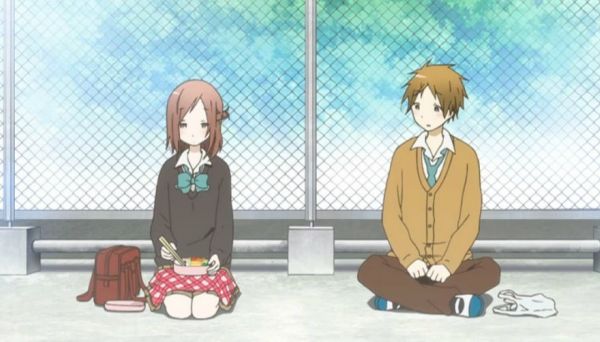
The article is still halfway through, but we recommend also reading:
Yūjin (友人)
"Yūjin" (友人) is another Japanese word for "friend". This word is used to describe a person with whom you have a respectful friendship and a cordial relationship.
It's a more formal word and is often used in professional or social contexts, such as to describe a co-worker or an acquaintance at a party.
The word "Yūjin" is composed of the characters "Yū" which means "friend" and "jin" meaning "person", indicating that he is a person who has a respectful friendship relationship. This word does not have the same emotional intensity as "Shin-Yuu", but still indicates a positive and friendship relationship.
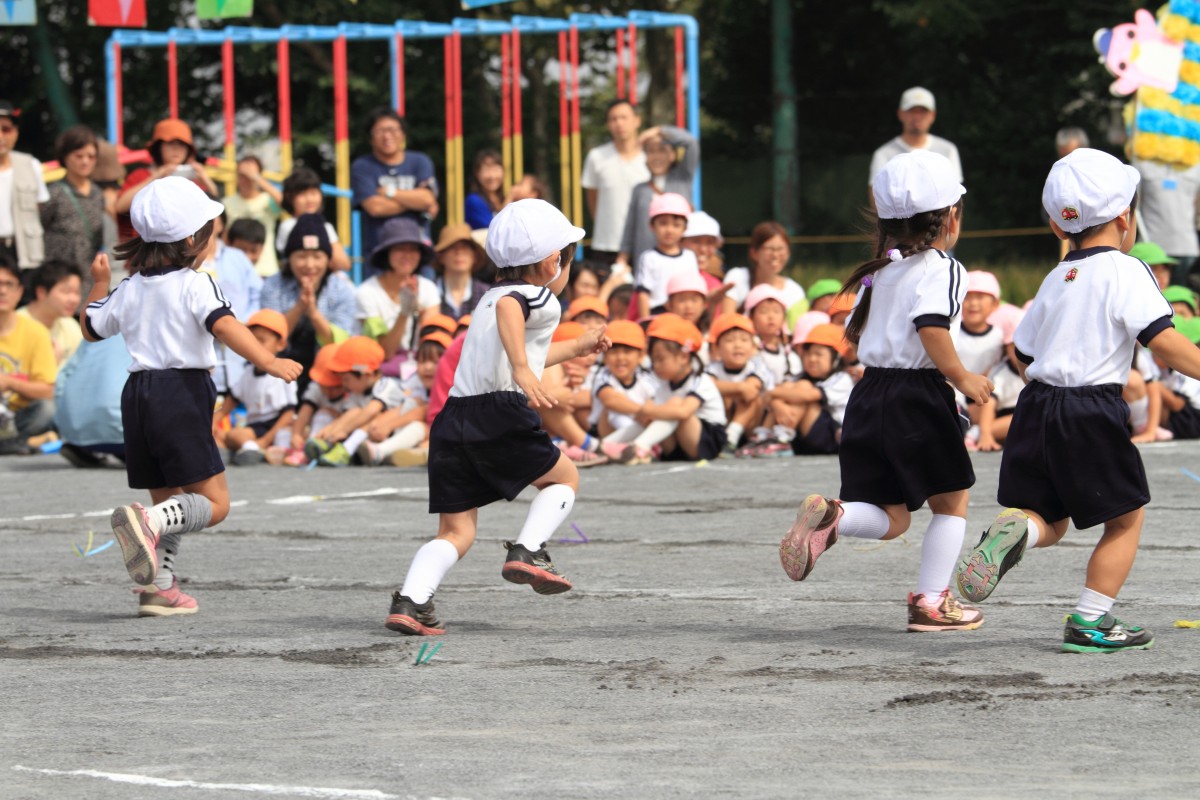
Gokiburi (ゴキブリ)
Although this word is not commonly used, it is a funny way of referring to a close friend in Japanese. The word “gokiburi” means cockroach, but it is used as a term of affection between close friends.
This word is usually used in a humorous context and can be used to indicate a close relationship despite differences between people.
The use of “gokiburi” can be understood as a way of showing that, even if the friend has a defect or something that can be considered negative, he is still loved and valued. It is a way of indicating that friendship is strong enough to overcome differences and imperfections.
Other ways to say Friend in Japanese
In addition to the words that have already been mentioned (tomodachi, nakama, shin-yuu, gokiburi, and yūjin), there are other Japanese words that can be used to describe different types of friendship:
Mikata (味方)
"Mikata" (味方) is a word meaning "ally" or "supporter". Although this word is not used exclusively to describe friendships, it can be used to describe someone who is on your side and supports it in difficult situations.
Senpai/Kohai (先輩/後輩)
“Senpai” (先輩) is a word used to describe a colleague or friend who is at a higher level of experience, age, or hierarchy in a certain area, such as at work or at a sports club.
On the other hand, “kohai” (後輩) is used to describe a colleague or friend who is at a lower level of experience, age or hierarchy. These words are often used in group contexts to indicate mentor-mentee or leadership relationships.
We recommend reading: Senpai and Kouhai - What is the meaning and the relationship between them?
Otomodachi (お友達)
"Otomodachi" (おお) is a more polished and respectful way to say "Tomodachi". It is often used by children or adults who want to be more polite or formal.
Shinpai-shina yūjin (心配性な友人)
"Shinpai-Shina Yūjin" (心配性な友人) is an expression that means "worried friend." It is used to describe a friend who cares a lot about others and is always there to support them emotionally.
Kizuna (絆)
"Kizuna" (絆) is a word meaning "tie" or "bond". Although not a word exclusively to describe friendship, it is often used to describe the emotional and trusting connection among close friends.
Teinei na tomodachi (丁寧な友達)
"Tenei Na Tomodachi" (丁寧な友達) is an expression that means "polite friend" or "courteous friend". It is used to describe someone who is very respectful and attentive in their relationship with others.
Raifu tomodachi (ライフ友達)
"Raifu Tomodachi" (ライフ友達) is an expression that means "friend for life". It is used to describe a friend who is very close and who is expected to be present for a lifetime.
Kazoku no hito (家族の人)
Although not a common word for "friend", "Kazoku no hito" (家族の人) is an expression used to describe a friend who is so close that it is considered part of the family. The expression "Kazoku no Hito" means "someone in the family" and is used to indicate an extremely close and lasting relationship.
Conclusion
There are several words in Japanese that can be used to describe different types of friendship. Each of these words has its own nuance and is used in different contexts and situations. It is important to remember that choosing the right word depends on the context and the relationship you have with the other person.



